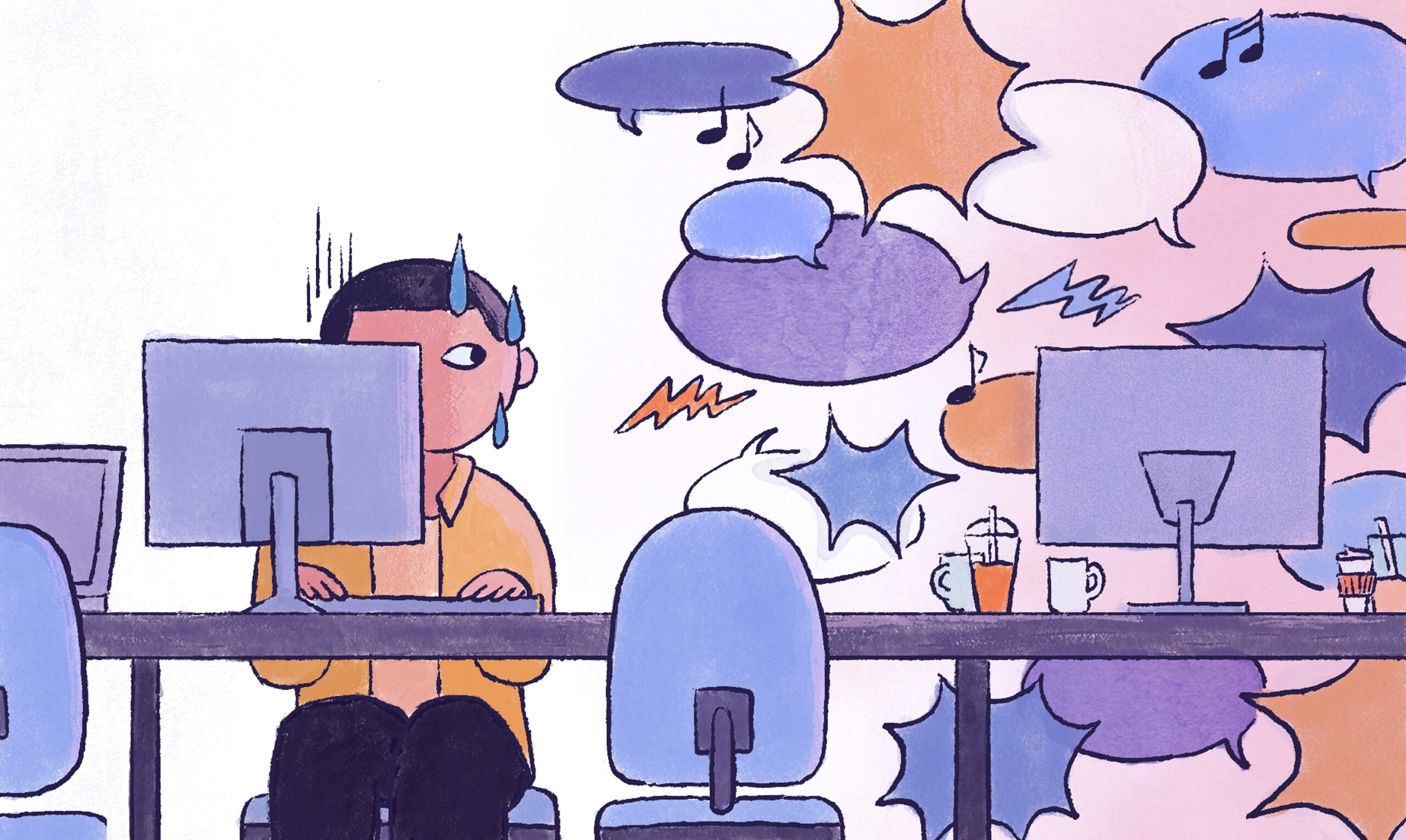
The Power of Introverts
The power comes from being your true self by Lara Debono
It’s tough to be an introvert in a world that equates ambition, success and leadership with extroversion. Society in general tends to favour extroverts.
It can be very easy to overlook the quiet person in the room. Being an introvert myself I have experienced my fair share of challenges in the workplace, especially when trying to climb the corporate ladder, and I feel that most of us introverts are misunderstood.
Chances are that most introverts have experienced receiving difficult feedback about “speaking up more” or “contributing more” and probably have been compared to their extroverted colleagues, which can be extremely demotivating.
But introverts can be an asset just as much as extroverts can be when it comes to the workplace, if not even more so according to recent studies.
Although being self-aware helps introverts to navigate their working lives better, they do not need to change their behaviour but rather managers need to be able to learn how to lead them better.
Modern day’s most successful business leaders are introverts: Bill Gates, Mark Zuckerberg, Barack Obama and Elon Musk.
What it means to be an introvert at work
Introverts go inward to do their best work and they thrive when they have the time to think independently and that should be rewarded. This means that being in large meetings can be daunting. Important projects are frequently discussed and assigned during team meetings, so managers should strive to lead their meetings mindfully.
Introverts are not wired for fast and snap decisions, so managers need to level the playing field by being more inclusive and creating space for dialogue. The way workplace practices are designed make it more challenging for those who are introverted to respond as their best self.
For instance, activities such as meetings, interviews, networking and brainstorming don’t give the space for thinking and reflection that many introverts prefer. These practices may be outdated, and managers can empower introverts to drive this change.
Organisations tend to have (unconsciously or consciously) an ‘ideal’ persona in mind of what a leader should look like: bold, charismatic with a lot of strong presence. But often, the best leaders are introverts who possess a quiet power, who are good listeners and develop deeper relationships with employees.
According to the Myers-Briggs Company (2022), 57% of global workers consider themselves introverts, but only 39% of senior leaders do. This gap could suggest that corporations reward extroverts and that introverts miss out on their leadership opportunities.
How to create a workplace where introverts thrive
Understand and foster psychological safety
Raise awareness among all employees about introversion, its characteristics, and the value it brings to the workplace. Promote understanding by providing educational resources or workshops on personality diversity and the benefits of a balanced team.
Normalise failure
Embrace failure as part of the process. Make it explicit that the goal is not to prevent or cast blame for failure, but to learn from it, and members will feel more invited to take risks.
Upgrade meetings
Invite people to speak during meetings and discussions, especially those who look like they are having trouble participating in the conversation. Ask for alternative viewpoints and monitor speaking time, and ensure dominant voices don’t overshadow or interrupt the introverts on your team.
Check in with them individually
Create a safe space for the introverts on your team to share their thoughts, ideas and concerns more openly. Speak to them before or after meetings to hear the feedback they didn’t share with the group.
Value introversion as a leadership strength
Good leaders come in many shapes and sizes and personality types. There’s no right or wrong or one or the other. Create equal opportunities for all types of individuals, celebrate diversity and foster a culture in which all personalities thrive and feel appreciated.
Encourage open discussions
Have open discussions with the team about preferred ways of working, best practices, strengths and weaknesses. Make it ok to talk about this topic until it becomes a culture.
Be mindful of open offices and noise distraction
Extroverts may love to see everybody all the time, but introverts tend to need privacy. They need office spaces where they feel they have a choice to move around according to their needs.
Don’t make assumptions
Generalisations oversimplify complex and diverse realities, leading to inaccurate assumptions about individuals or groups. Be aware of the fact that introversion is a spectrum and that no assumptions or generalisations should be made.
How can Mdina Partners help?
While inclusivity makes us feel good, inclusive workplace cultures offer far greater benefits than a warm and fuzzy feeling. At Mdina Partner, we offer a range of bespoke training solutions and tap into the power of neuroscience through our revolutionary PRISM Brain Mapping online profiling tool to help you understand your people’s behavioural preferences so that you can build better, more inclusive teams.
Lara Debono
Lara started her education with a B.A in Italian and Psychology. She has always had a keen interest in foreign languages and can speak fluent Italian, basic French and basic Spanish. Lara’s intention was to further her education in Italian studies but then recognised her strong love for Psychology and decided to follow a Higher Diploma in Psychology instead. She then furthered her education through an MSc in Occupational Psychology with Coventry University. Lara also has a particular interest in mental health and has recently become a certified mental health first aider at the workplace.




